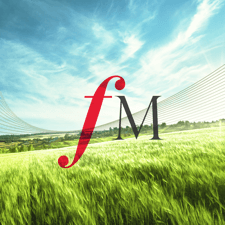Queen Elizabeth II played piano, sang madrigals at Windsor, and had two honorary music degrees
1 June 2022, 10:26 | Updated: 9 September 2022, 10:35
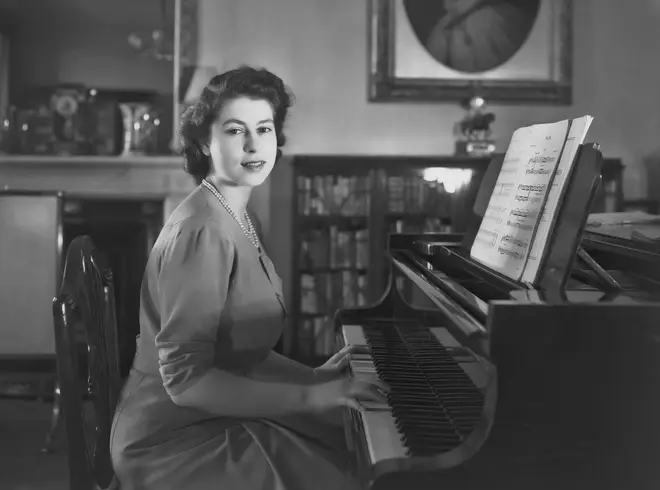
We look at Her Majesty Queen Elizabeth II’s musical training and steady devotion to the arts world.
Queen Elizabeth II was a generous patron of classical music and an unwavering devotee to Britain’s musical life, regularly attending concerts, awarding musicians with the highest honours and supporting the nation’s military bands and orchestras.
Her Majesty’s commitment to the arts, perhaps unsurprisingly for a child of the British Monarchy, can be traced back to her early years.
Princess Elizabeth, along with her sister Princess Margaret, was bathed in music from a young age.
The Queen Mother and the girls’ governess, taught the princesses at home, focusing on literature, language, history and music.
Read more: Her Majesty Queen Elizabeth II’s contribution to classical music
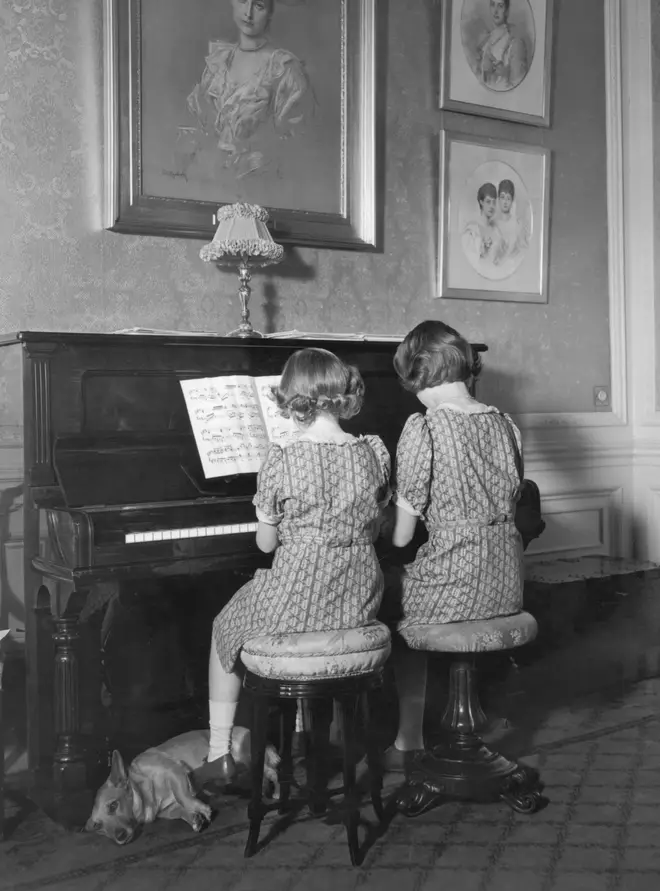
As children of the 1930s, Princesses Elizabeth and Margaret spent the wartime period at Windsor Castle, where they were placed under the tutelage of St George’s Chapel’s resident organist.
Sir William Henry Harris was an English organist and composer, affectionately known as ‘Doc H’ to his choristers. Once a week at Windsor, he led madrigal practice for the chorister, and the two Princesses would sing alongside the senior choristers.
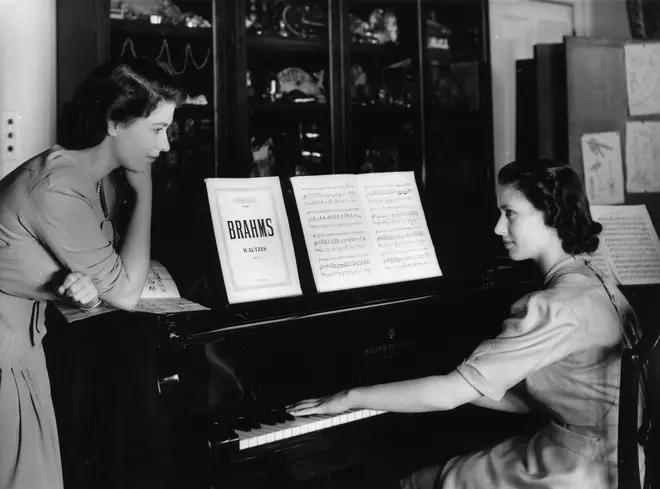
Did Queen Elizabeth II play the piano?
At 11 years old, Princess Elizabeth learned to play piano. Princess Margaret was better known for being the singer and pianist in the family, while Elizabeth had a greater passion for the outdoors, horses and dogs, which she nurtured throughout her long life.
However, the elder sister continued to play for her own enjoyment.
In 2018, the Queen famously addressed the nation for her traditional Queen’s Speech on Christmas Day with a rather elaborate gold piano in the background.
The gilded instrument was made by Erard in 1856, during the reign of Queen Victoria, who was deeply passionate about music and would play duets with her husband, Albert.
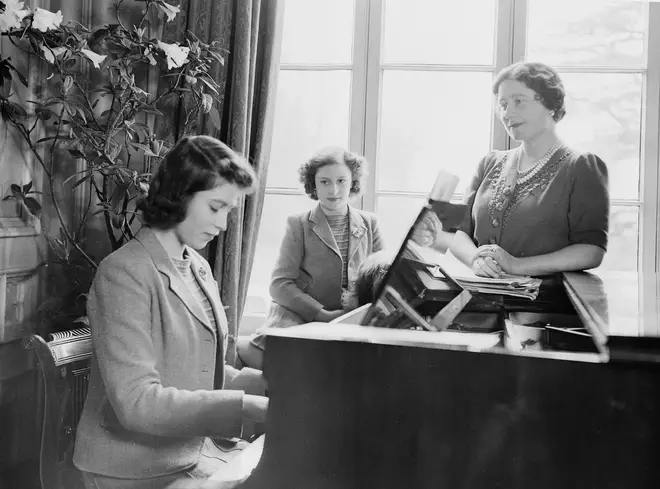
How did Queen Elizabeth II contribute to the arts and music?
The Queen had two honorary degrees in Music, a Bachelor of Music from University of London, and Doctor of Music from the University of Wales. Both were awarded before she ascended the throne as a symbol of her devotion to music.
In 1973, the Queen presented the Queen Mother with an honorary Doctor of Music degree from the Royal College of Music.
The Queen authorised the first female Master of the Queen’s Music, Scottish composer Judith Weir, whose royal appointment made history in 2014.
Read more: 10 British composers who shaped the nation’s classical music legacy
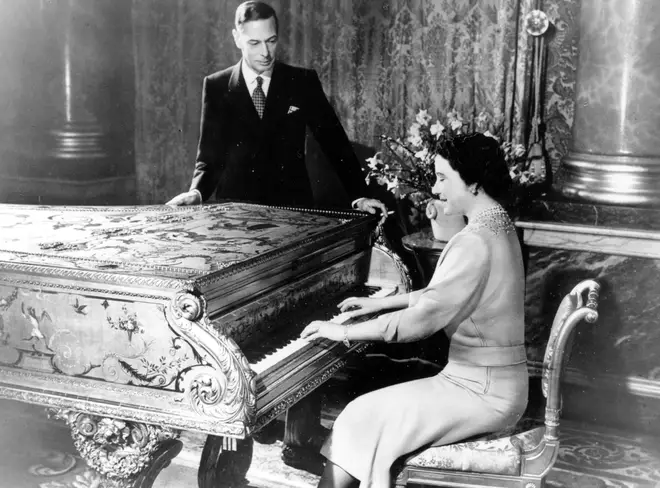
Her support for the classical music industry was unwavering. In 2005, Her Majesty inaugurated The Queen’s Music Medal, an award presented annually to outstanding musicians, whose acclaimed recipients include opera singer Sir Bryn Terfel, the National Youth Orchestra of Great Britain, and violinist Nicola Benedetti.
As the Royal Family’s website states, “The purpose of this award is to raise the general profile of music within the UK and to reward individuals who have had a major influence on the musical life of the nation.”
Her Majesty frequently included musicians in The Queen’s Birthday Honours List, opened several concert halls, and was often seen attending concerts.
Her support for the industry also stretched to her support of military bands and orchestras, whose working musicians rely on the pomp and circumstance of the Royal Family.
